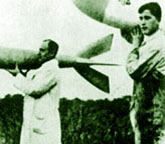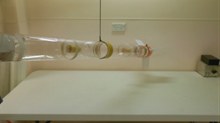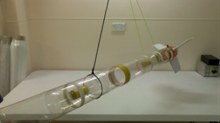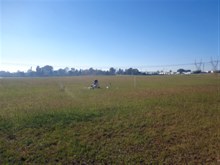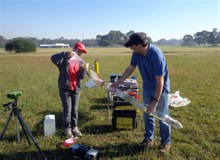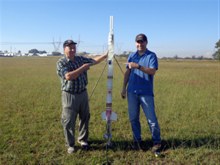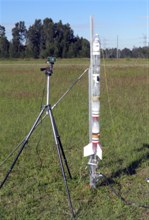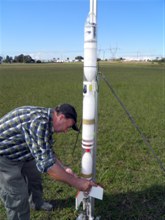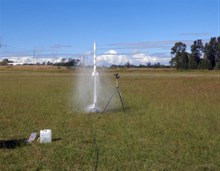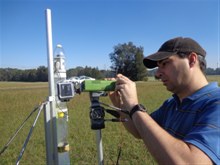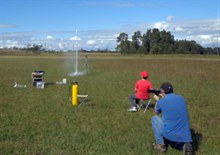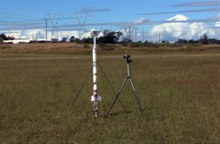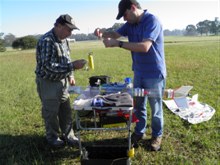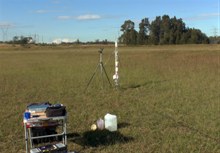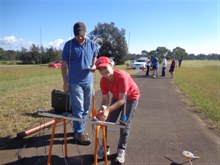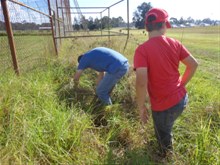 |
 |
|
|
last updated: 9th November 2024 - Day 236 - Launch Tubes #2 |
|
|
|
Splicing Bottles AS#5 |
|
#235 - Coming Soon |
|
#234 - Coming Soon |
|
#233 - Coming Soon |
|
#232 - Coming Soon |
|
#196 - Coming Soon |
|
#193 - Coming Soon |
|
#172 - Coming Soon |
|
|
| FLIGHT LOG | ||||||||||||||||||||||||||||||||||||||||||||||||||||||||||||||||||||||||||||||||||||||||||||||||||||||||||||||||||||||||||||||
|---|---|---|---|---|---|---|---|---|---|---|---|---|---|---|---|---|---|---|---|---|---|---|---|---|---|---|---|---|---|---|---|---|---|---|---|---|---|---|---|---|---|---|---|---|---|---|---|---|---|---|---|---|---|---|---|---|---|---|---|---|---|---|---|---|---|---|---|---|---|---|---|---|---|---|---|---|---|---|---|---|---|---|---|---|---|---|---|---|---|---|---|---|---|---|---|---|---|---|---|---|---|---|---|---|---|---|---|---|---|---|---|---|---|---|---|---|---|---|---|---|---|---|---|---|---|---|
|
||||||||||||||||||||||||||||||||||||||||||||||||||||||||||||||||||||||||||||||||||||||||||||||||||||||||||||||||||||||||||||||
| Day 145 - Stability Harness, Foam flights, PanCam | ||||||||||||||||||||||||||||||||||||||||||||||||||||||||||||||||||||||||||||||||||||||||||||||||||||||||||||||||||||||||||||||
|
Date:
11th May 2014 Location: Whalan Reserve, NSW, Australia Conditions: Mostly clear skies, light winds 5km/h early, 10km/h later, 23C Team Members at Event: PK, GK, and John K. Today was a just-for-fun launch day, We didn't have any experiments planned for this day, so we tried a couple of things we've done before. This time we set up the Go-Pro on the Pan cam as it has a wide angle lens that makes it easier to see more of the action and tracking speed is not as critical. Although we've managed to get the roll mostly under control for good ascent video, the view on the way down is usually still quite shaky and unwatchable. We added a simple harness to the shock cord the same way we did on the Inverter rocket to get more stable descent video. The harness attaches the parachute at 2 extra points on the side of the rocket that helps reduce the rocket rocking sideways. Also because these points are further down the rocket than the main attachment point it forms a triangle which helps to reduce the pitching movement as well. With the harness the rocket now flies around in a gentle circle on the way down. This yaw movement could possibly be reduced with some kind of streamer attached to the nozzle to create more drag like the tail on an old-school kite. For the last flight we removed this harness and difference in on-board video stability was very evident. More Foam Test FlightsWe flew the same rocket as used on day 143 and 144 so we took the opportunity to continue with further foam flight testing. The first flight had foam added to the water as normal and the rocket was placed on the pad. Normally when we pour the water in and invert the rocket back on the pad, quite a bit of foam gets generated inside the rocket before pressurisation starts. This time, however, the rocket sat on the pad for perhaps 15 minutes while we got other things ready. This caused the foam to mostly collapse back to water again. When we finally launched the rocket you could see that the flight profile was closer to a water only launch with a fairly short air pulse. The rocket only reached 370 feet (112 m) which is pretty close to the water only flights.
One thing that this revealed was that it's not just the addition of bubble bath to the water that causes the altitude gain either through higher density or somehow reducing nozzle friction. The boost in altitude IS caused by foam emerging from the nozzle. We then flew the rocket 3 more times with foam, but each time we shook up the rocket to produce foam before placing it on the pad. Pressurisation then created more foam and we launched it within a couple of minutes of it being placed on the pad. The longer foam trails were easily visible, and the altimeter readings again showed significantly increased altitudes of 453' (138m), 431' (131m) and 441' (134m). Here is a highlights video from the day: Lost RocketWe also flew John's small pyro rocket on a C6-5 which we were fully expecting to lose, however, we thought we'd lose it due to it drifting off somewhere in the distance, but the rocket decided to do another disappearing trick. The rocket spun out of control on launch doing loops before finally powering into a small patch of grass. With the grass mowed all around this patch we spent 20 minutes searching in the waist deep grass ripping out most of it in an area no bigger than 2x4m and we were unable to find it. The flight path was very unusual and so we wanted to find out why the rocket did that. We'll come better equipped next time and have a look for it again. Flight Details
|
